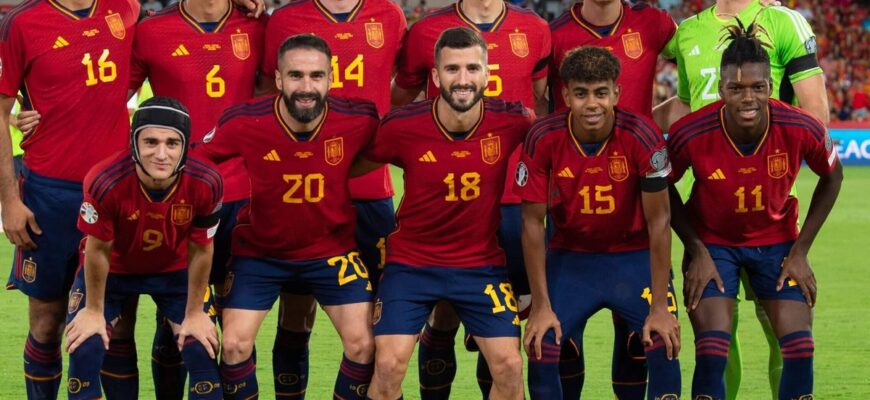As the summer heat continues, the global football calendar remains surprisingly active, delivering key results and intriguing narratives. While club football gears up for the new season and the transfer market churns, national teams have recently concluded significant tournaments, offering valuable insights and setting expectations. A major talking point involves the US Men`s National Team`s recent outing, juxtaposed with the accelerating pace and unfolding dynamics of the Women`s European Championship.
USMNT: A Gold Cup Final Reality Check Against Mexico
The recent CONCACAF Gold Cup final saw the United States Men`s National Team fall 2-1 to perennial rivals Mexico. Hosted in Houston, the match offered a final competitive benchmark for the USMNT before the long build-up to the 2026 World Cup begins in earnest. Despite an encouraging start, capped by an early goal from Chris Richards in the fourth minute, the match ultimately highlighted a significant gap in performance on the day.
Statistical analysis painted a clear picture: Mexico dictated terms for large portions of the game. They registered 16 shots compared to the USMNT`s six, completed significantly more passes in the opposition half (161 vs 96), and logged a substantial advantage in touches within the penalty box (34 vs 14). While a controversial moment involving a potential handball in the penalty area occurred, providing a fleeting moment of contention for the US side, the overall flow of the match suggested Mexico`s dominance was deserved, culminating in Edson Alvarez`s decisive 77th-minute winner.
It is crucial to contextualize this result. This USMNT squad was notably experimental, lacking many of the established starters considered part of the primary pool for 2026. The stated objective for this summer`s international window appeared to be player evaluation and depth assessment. From this perspective, the campaign yielded positive takeaways, with several younger talents reportedly making strong cases for future inclusion. The value of these difficult, competitive matches, even ending in defeat, lies in identifying potential contributors and highlighting areas requiring fundamental improvement ahead of hosting the sport`s premier event. For a team that won`t face true competitive pressure until their home World Cup opener on June 12, 2026, the lessons learned from being genuinely outplayed are arguably more valuable than a trophy won with an experimental lineup. The task now falls to the coaching staff to integrate these findings and build cohesion over the next two years, a period uniquely devoid of qualification pressures.
Women`s Euro 2025: Spain Sets a Formidable Early Pace
Across the Atlantic, the Women`s European Championship in Switzerland is rapidly gaining momentum. In contrast to potentially bloated future tournaments, the 16-team format ensures high stakes and compelling matchups from the outset. The group stages are progressing swiftly, with the first team, Norway, having already secured passage to the knockout rounds.
However, the most striking statement of intent thus far has come from Spain. The reigning world champions commenced their campaign with a dominant 5-0 victory over Portugal. This performance solidified their status as pre-tournament favorites, a position further strengthened by the potential return of Ballon d`Or winner Aitana Bonmati, who was reportedly recovering from viral meningitis. Despite their devastating form, the Spanish camp appears focused on maintaining perspective, with players like Olga Carmona emphasizing the need to avoid complacency against challenging opponents like Belgium.
While Spain has laid down an early marker, other contenders are also navigating the initial phase. Germany secured a victory but face the challenge of adjusting after a serious injury to captain Giulia Gwinn. Meanwhile, a highly anticipated clash between traditional powers saw France overcome England with a 2-1 scoreline, a result that significantly impacts the qualification path for both teams and potentially positions France as a `dark horse` in the bracket. As the tournament progresses, the quality of competition will undoubtedly rise, yet Spain`s initial display suggests they remain the benchmark, the team against whom all other aspirations will ultimately be measured.







